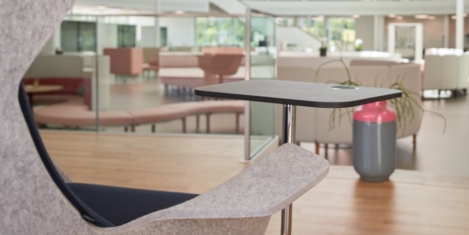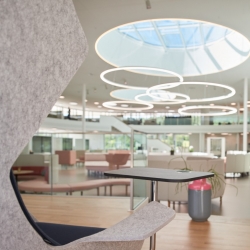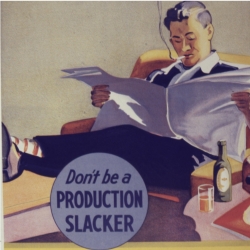To provide the best experiences, we use technologies like cookies to store and/or access device information. Consenting to these technologies will allow us to process data such as browsing behaviour or unique IDs on this site. Not consenting or withdrawing consent, may adversely affect certain features and functions.
The technical storage or access is strictly necessary for the legitimate purpose of enabling the use of a specific service explicitly requested by the subscriber or user, or for the sole purpose of carrying out the transmission of a communication over an electronic communications network.
The technical storage or access is necessary for the legitimate purpose of storing preferences that are not requested by the subscriber or user.
The technical storage or access that is used exclusively for statistical purposes.
The technical storage or access that is used exclusively for anonymous statistical purposes. Without a subpoena, voluntary compliance on the part of your Internet Service Provider, or additional records from a third party, information stored or retrieved for this purpose alone cannot usually be used to identify you.
The technical storage or access is required to create user profiles to send advertising, or to track the user on a website or across several websites for similar marketing purposes.
 Over half of UK employees are working different hours than they used to, with many spreading work out over a longer period as they adapt to working from home. Those are two of the findings from a new report from Asana, which looks at how British, American, Japanese, Australian and German employees have adapted to remote working. The UK findings are based on 1,016 respondents working full-time and, due to the pandemic, remotely. (more…)
Over half of UK employees are working different hours than they used to, with many spreading work out over a longer period as they adapt to working from home. Those are two of the findings from a new report from Asana, which looks at how British, American, Japanese, Australian and German employees have adapted to remote working. The UK findings are based on 1,016 respondents working full-time and, due to the pandemic, remotely. (more…)
























 One of the first research projects aimed at gauging the UK public’s attitude and responses to the coronavirus pandemic is being launched. Experts at
One of the first research projects aimed at gauging the UK public’s attitude and responses to the coronavirus pandemic is being launched. Experts at 










April 30, 2020
The lockdown gives us a chance to reconsider business ethics
by Mark Strassman • Comment